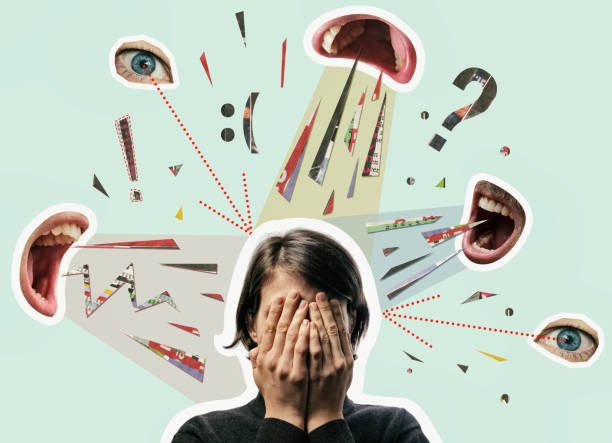Hearing is far more active than most people realize. It’s not just your ears picking up sound — it’s your brain constantly interpreting and organizing what you hear. Every conversation, bit of background noise, or familiar melody triggers a series of mental processes that help you understand and respond. When hearing begins to decline, that smooth exchange becomes strained, and the brain must work harder than usual to keep up.
When sound signals lack clarity or volume, your brain steps in to fill the gaps. It tries to piece together missing words or make sense of muffled phrases. This extra effort may happen quietly in the background, but over time, it can drain mental energy. Tasks that once felt easy — like following group discussions or remembering details — may start to require more focus than before.
Hearing loss affects more than the ears themselves. Reduced sound input can lead to changes within the brain’s own processing pathways. When those auditory channels receive less stimulation, connected cognitive functions such as memory, language, and attention can weaken as well. These shifts happen gradually, often before a person realizes their hearing has changed.
There is also an emotional side to consider. Difficulty hearing tends to push people away from social environments, especially noisy ones where following conversation becomes challenging. The less someone participates socially, the fewer chances the brain has to stay active through interaction. Over time, this reduction in engagement can make communication feel even more difficult, reinforcing a cycle that affects both hearing and cognitive health.
Fortunately, there are effective ways to protect this important connection. Routine hearing exams help spot subtle changes early, long before they create significant strain. Devices such as hearing aids or assistive listening tools can restore clarity and reduce the mental load that comes from trying to interpret unclear sound.
Staying socially connected is just as important. Talking with friends, joining group activities, or enjoying audio-centered hobbies like listening to stories or music all help keep hearing pathways and cognitive networks strong. Good overall wellness habits — such as proper sleep, stress management, and cardiovascular health — support the auditory system as well.
Your ears and your brain are partners. When you take care of one, you support the other. Protecting your hearing today helps preserve sharper thinking, smoother communication, and richer connections throughout life.

